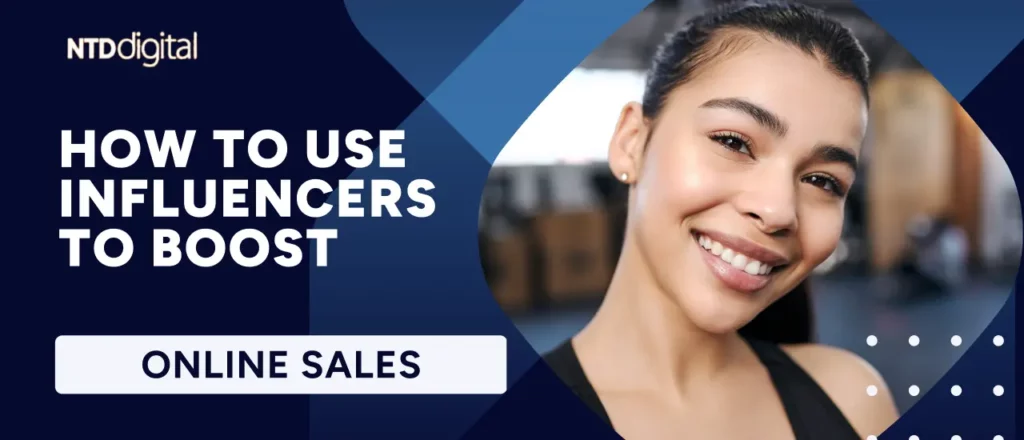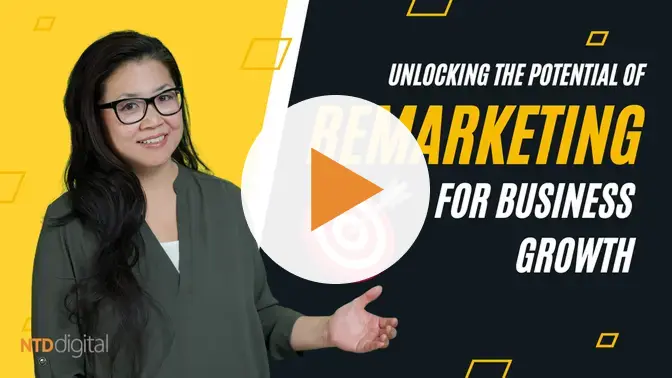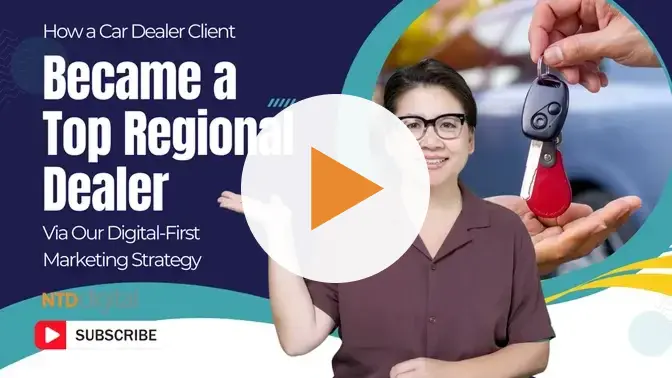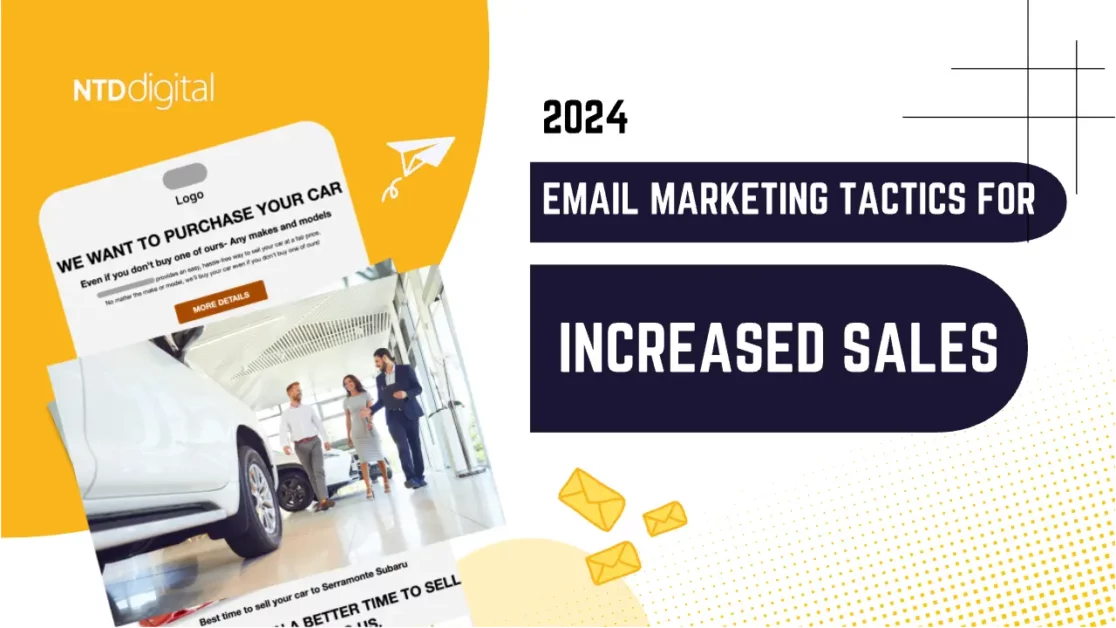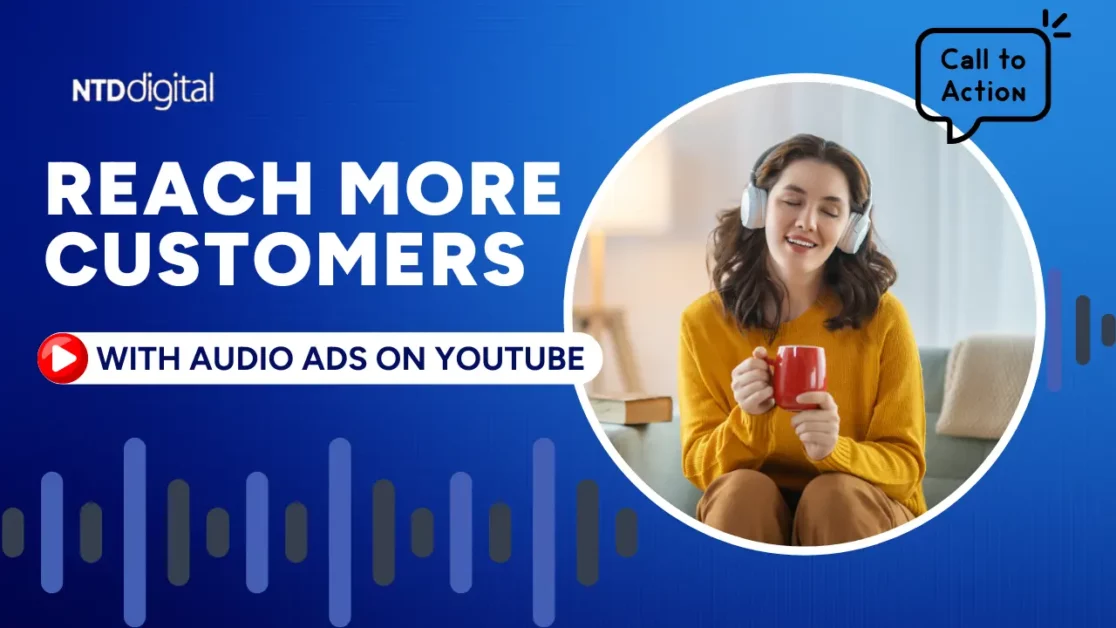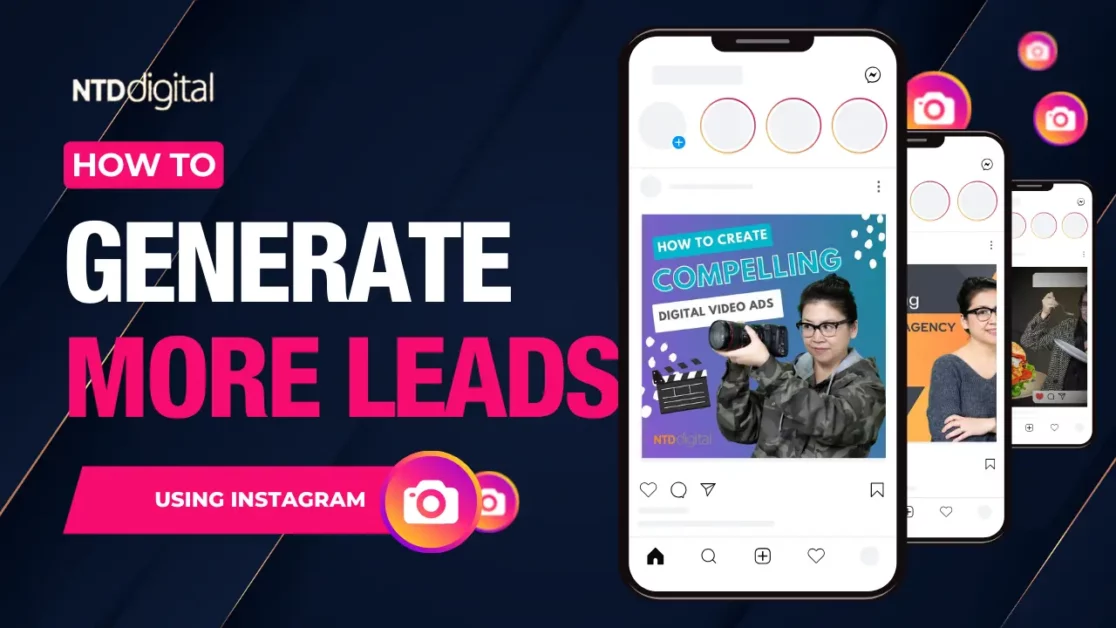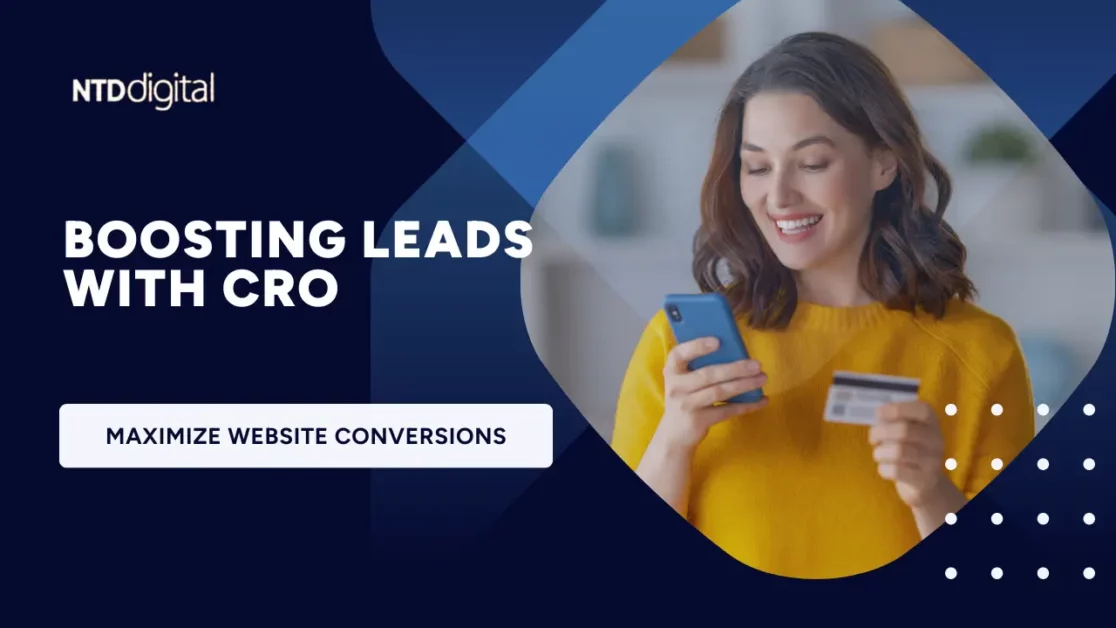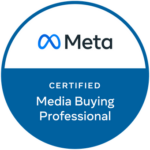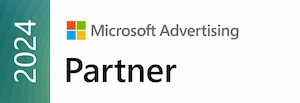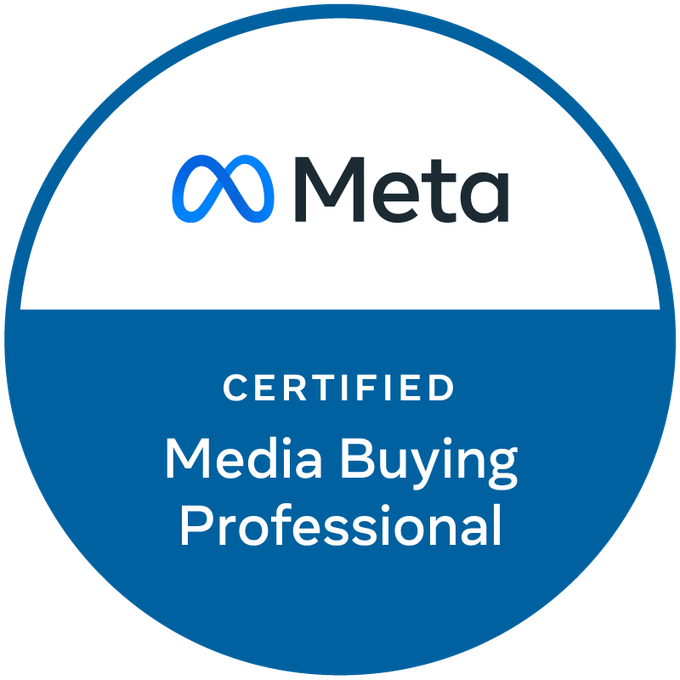Running a successful Shopify store requires more than just a beautiful website. Effective marketing is essential for success in e-commerce. Did you know that Shopify’s gross profit for 2022 was $2.8 billion, up 11% ($300 million) on 2021?(Source: Shopify) This presents a massive opportunity for growth if you know how to market your store.
Search Engine Optimization (SEO)
SEO is vital for driving organic traffic to your store. By optimizing your website for search engines, you can improve your visibility on search engine results pages (SERPs). Some key aspects of SEO include:
• Publishing regular, high-quality content
• Using well-researched keywords in your site copy
• Ensuring a fast-loading website
• Optimizing product images with Alt descriptions making your site mobile-friendly.
Example: A professional moving company, consistently publishes blog posts on packing tips, moving checklists, and relocation advice. This strategy not only drives organic traffic to their website but also establishes them as an authority in the moving industry.
Search Engine Ads
While SEO takes time to show results, search engine ads can provide an immediate boost in visibility. By investing in Google Ads or other search engine advertising platforms, you can bid on relevant keywords and display your products at the top of SERPs.
Example: A car dealership selling new and used vehicles, could create Google Ads targeting keywords like “used cars for sale” or “affordable SUVs.” These ads would appear at the top of SERPs, increasing the dealership’s visibility and driving relevant traffic to their website.
Social Media Marketing
Creating and sharing engaging content on social media platforms like Facebook, Instagram, and TikTok can help you connect with your target audience. Focus on providing value through educational or entertaining content rather than directly promoting your products.
Example: A home improvement and building materials supplier, frequently shares DIY project ideas, customer testimonials, and informative articles about sustainable materials on its Facebook page. This strategy helps them engage with their audience and increase brand loyalty.
Influencer Marketing
Collaborating with influencers can help you tap into their large, engaged audience. Develop genuine relationships with influencers in your niche and have them endorse your products to drive traffic and sales.
Example: A watch brand, frequently collaborates with influencers across various platforms, asking them to share images wearing their watches. This strategy helps the brand reach a larger audience and increase sales.
Email Marketing
Build a high-quality email list and use email campaigns to engage your audience, promote offers, and drive sales. Tools like Mailchimp can help you manage your email list and create engaging campaigns.
Example: An online clothing store could segment its email list based on customer preferences and send personalized product recommendations and offers. This targeted approach would increase open rates, click-through rates, and conversions.
Content Marketing
Publishing valuable, informative content on your website and other platforms can help you establish your brand as an authority in your industry.
Example: A Shopify store selling kitchen gadgets could create a series of recipe videos using their products and share them on YouTube and their website. This content would showcase their products in action and provide value to potential customers.
Affiliate Marketing
Partnering with affiliates can drive new customers to your store while limiting your marketing costs. Affiliates are typically paid based on results, such as sales generated or leads captured. Shopify offers its own affiliate platform, and external platforms like Refersion and LeadDyno are also available.
Example: A fitness apparel brand could partner with fitness bloggers and offer them a commission for every sale generated through their referral links. This strategy would help the brand reach a wider audience and drive sales from customers interested in fitness and workout gear.
Great Experience: Maximizing Marketing Success
While marketing is essential for driving traffic, increasing brand awareness, and boosting sales, there’s one crucial element that’s often overlooked: exceptional customer experience.
Example: A Shopify store selling handmade candles could offer exceptional customer service, personalized packaging, and timely delivery, leading to positive reviews and word-of-mouth recommendations. Positive customer experiences can be a powerful tool for marketing, as they can encourage customers to share their experiences and create User Generated Content (UGC) that can be used in marketing campaigns with their permission. This can help increase brand awareness, build trust with potential customers, and ultimately drive more sales.




